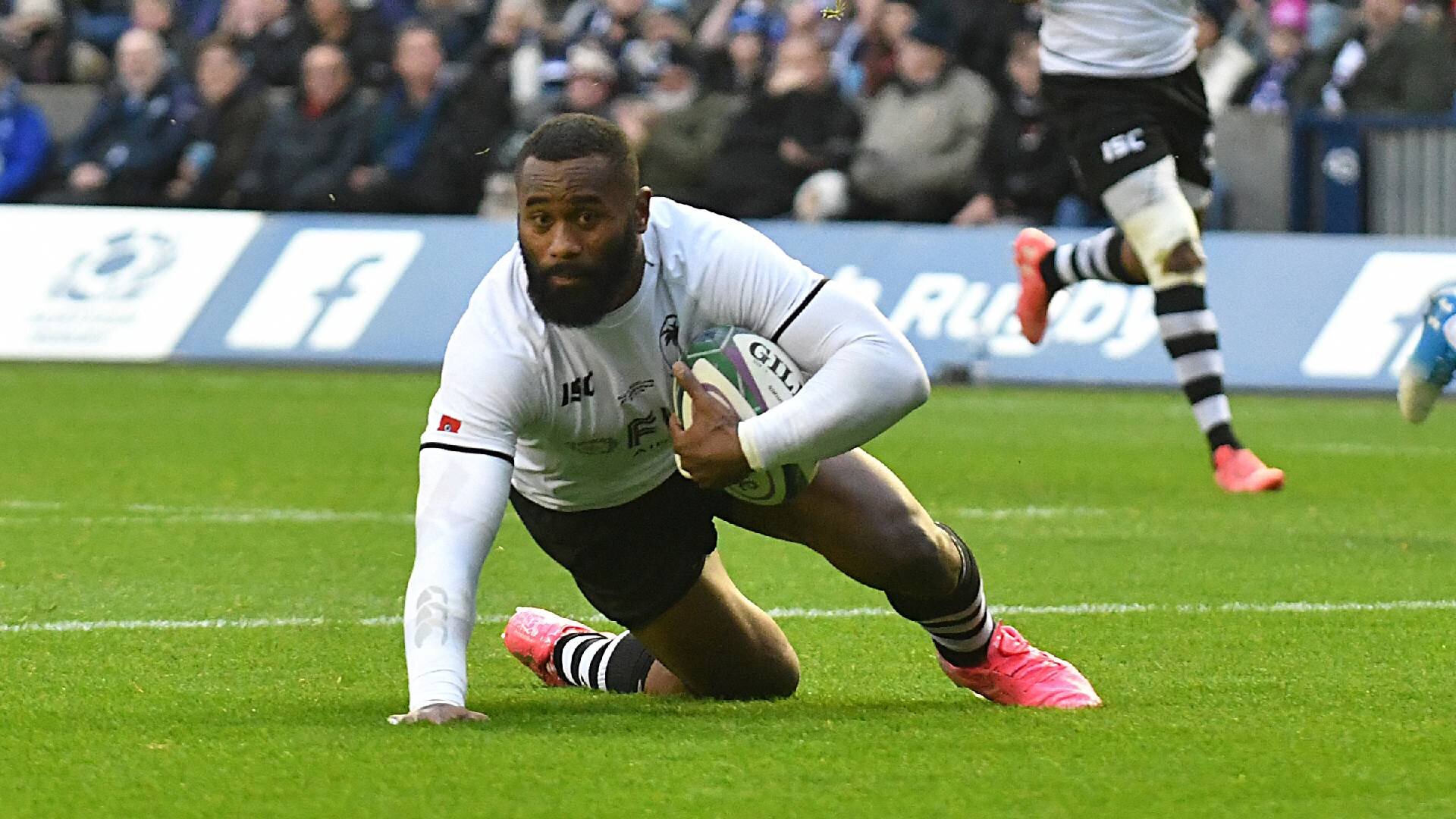Leaving Fiji out in the cold a sure-fire way to damage rugby's integrity

With the supposed plans dropping for the new ‘World League’ earlier this week, there’s one nation that will be feeling particularly aggrieved.
World Rugby’s proposal would include 12 of the top international teams regularly playing each other throughout the year in a 12-year deal. Reports suggest that there would be no second-tier competition – once you’re in, you’re in and, more importantly, if you’re out, you’re out.
For the teams already involved in top-level competition (the Six Nations and Rugby Championship participants), there will be little change. More travel for the players has been resolutely criticised, but the quality and regularity of competition for the top teams will remain much the same.
For the new teams which will be brought into the fold – Japan and the USA – rugby will be given a huge boost in their countries and they will have the opportunity for high-quality matches (and, inevitably, regular thrashings) year after year.
When it comes to professional sport, money certainly plays an important part in deciding who to invest in and who to let fall by the wayside. It’s clear to everyone that Japan and the USA are areas of huge commercial opportunity in the rugby world; the sport is somewhat popular in both countries but there’s reason to believe that both nations have the market and growth potential to inject considerable funds and viewership into the game. At present, however, both countries have been courted far more on promise than on what they’re able to achieve in the now.
There are other teams outside the designated 12 that will be especially hard done by if the rumoured plans do turn out to be accurate – and, it should be emphasised, World Rugby haven’t officially revealed what format the World League will follow so we’re operating only on hearsay at present.
If the 12-year deal does limit promotion and relegation, then the Pacific Island teams will certainly be locked out from any future meaningful competition. With the World League teams required to play at least 11 matches every year (not including any potential finals series) and travel demands likely to increase, it’s improbable that we’ll see many matches played outside of the World League for the competing nations.
The belief appears to have always been that the less well-off nations simply can’t be integrated into the standard rugby calendar – it’s simply not feasible. Professional sport, however, can only survive when the competition is strong. The more competitive teams there are battling for glory, the more desirable a product you have to sell to the masses. When it comes to finding competitive teams outside the core ten, you need to look no further than the Pacific Islands.
Even with less money to throw around than other countries around the world, the Pacific nations have remained competitive on a global scale. With a bit of extra investment from the powers that be, the likes of Samoa, Fiji and Tonga could seriously threaten the first tier on a regular basis (which, to be honest, may be one of the reasons why this investment has yet to happen).
https://www.instagram.com/p/BudhnxwAGhL/?utm_source=ig_web_copy_link
All three island nations contribute players to top quality teams around the globe. There are countless island natives plugging gaps in teams in Australasia, the United Kingdom and France and when the players come together to represent their home nations the rugby played is some of the most exciting and enthralling in the world – who wouldn’t love to see Samoa put out a competitive team on a regular basis, instead of only in World Cup years?
Fiji, in particular, have show in recent years that they can foot it with the best. In the last two years, Fiji have toppled Italy, Scotland and France – and came excruciatingly close to knocking over Ireland.
Fiji’s win over Les Bleus at the Stade de France is one of the greatest results in tier two history – not quite on level with Japan knocking over South Africa at the last World Cup, perhaps, but winning against France at home is difficult for even some of the top teams. Scotland and Italy are both yet to taste victory in France since the turn of the century.
Of course, Scotland, Italy and France all have the benefit of playing upwards of ten matches a year against other tier one teams whereas Fiji have been limited to fewer than five games in most seasons.
Fiji have been sharpening their knives against the likes of Namibia, Canada and their fellow Pacific Island teams over the last few years, but they’ve had little opportunity to draw their swords and show the rugby world what they’re capable of. Surely, moving forward, it would be foolish at best and corrupt at worst to omit teams like Fiji from top level competition?
We’re still waiting on the final world on the mooted World League – and some signs point to the competition being dead in the water already due to the player outcry (why the players weren’t already properly consulted is anyone’s guess). For the integrity of the game, however, any major shake ups to the global playfield must include competitive rugby nations such as Fiji, not just countries with financial clout.
Whether or not the much publicised ‘World League’ moniker is used in the future is uncertain, but it would certainly be a joke of the highest order if only 12 teams from around the world are actually allowed to compete over a 12-year period. It’s not quite as bad as America’s World Series Baseball, but offering no outsiders the chance to take part would severely damage the rugby brand on a global scale.
Rugby Explorer with Jim Hamilton:




























